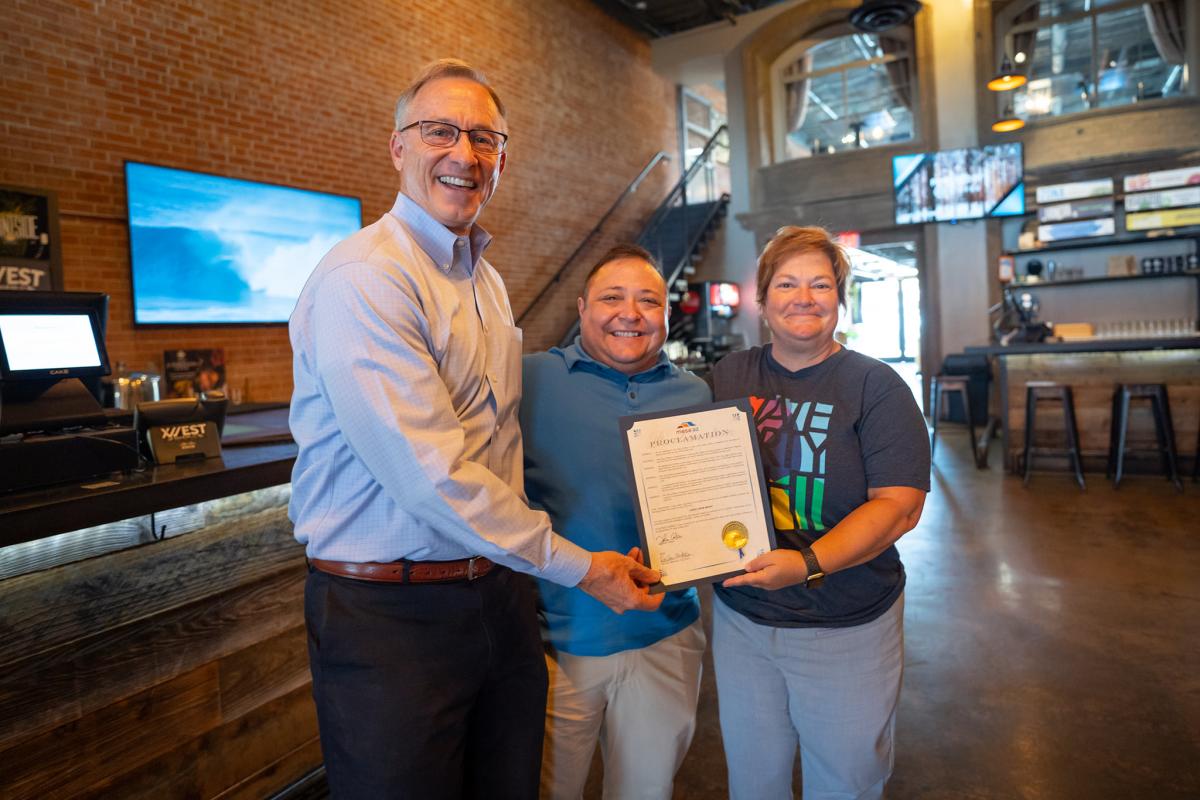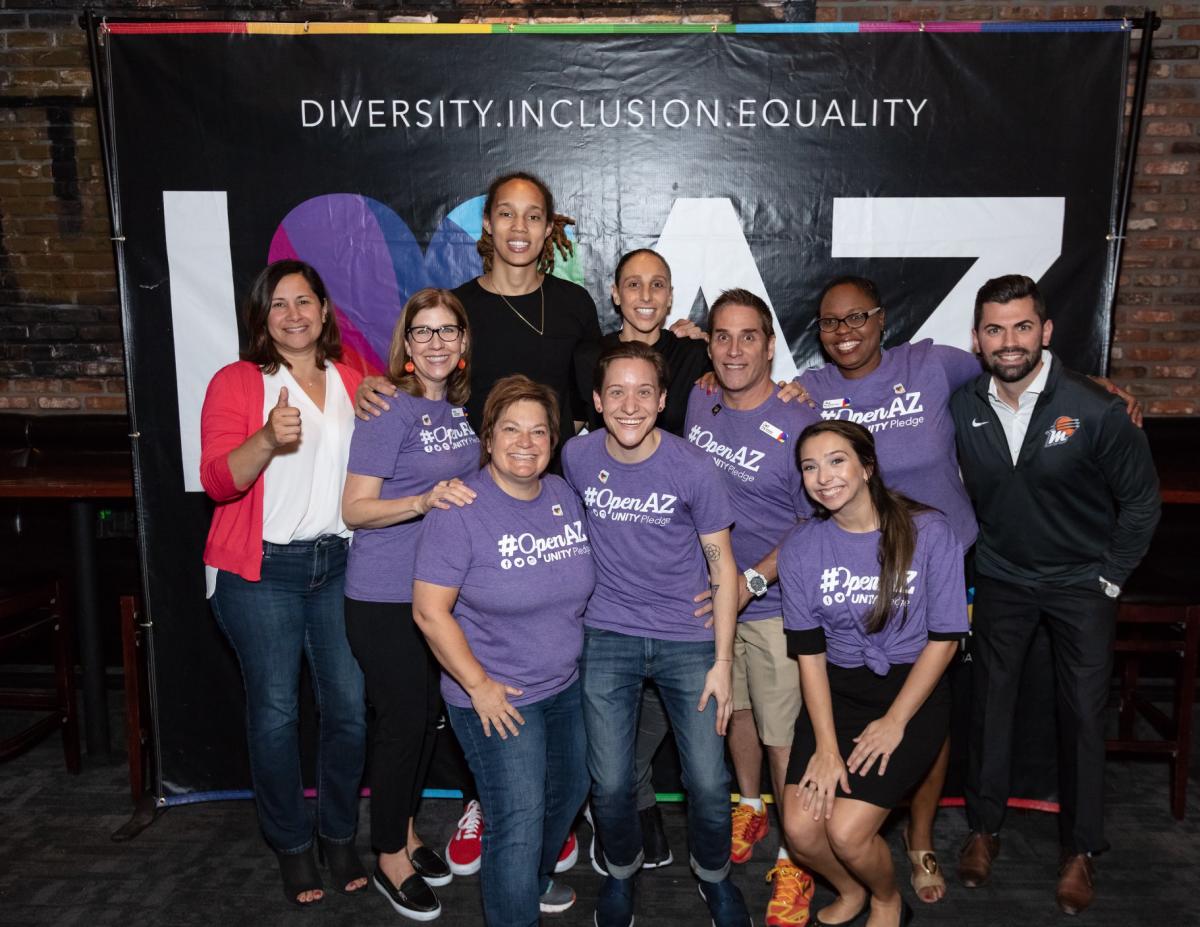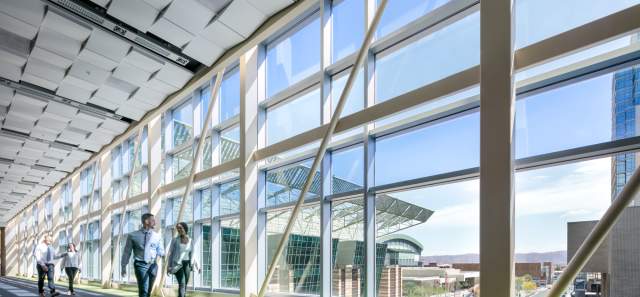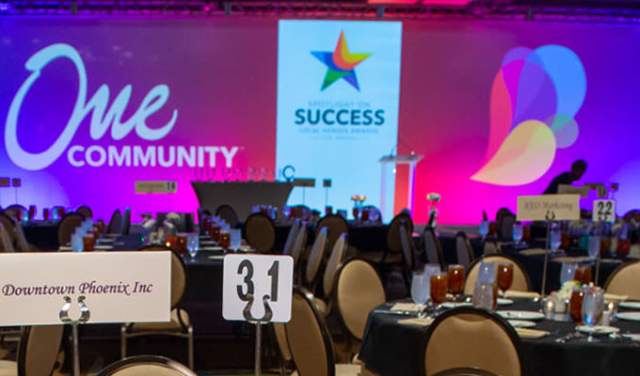Meaningful DEI Insights for Your Next Event
Inclusion requires more than just good intention. Here’s how experts are making this a priority.
Diversity, equity, and inclusion (DEI) efforts have moved to the top of the priority list for organizers and attendees alike. In the past few years training, statements, and certifications have risen in search volume tenfold. For mission-driven associations and their members, it’s not just about lip service, though. It’s about attracting and retaining engaged members, inspiring big ideas, and moving the needle on key initiatives within every industry our association community serves.
Worthwhile changes do not come overnight, so meeting planners are encouraged to build on DEI efforts year over year. Of course, we know that inclusive and diverse meetings improve the experience for everyone, but expanding inclusivity happens in steps.
To help build on your DEI foundation as you plan your next meeting, we spoke with Angela Hughey, co-founder and president of One Community, a coalition of businesses, organizations, and individuals working together to advance workplace equality and equal treatment in housing and public accommodations for LGBTQ+ people and their allies. She’s a trailblazer who’s played a critical role in shifting Greater Phoenix’s business landscape to a more diverse, equitable, and inclusive model over the past 13 years. And she can help you do the same.
 Mesa Mayor John Giles (left); Michael Soto, Equality Arizona executive director; and Angela Hughey, co-founder and president of One Community. Courtesy photo.
Mesa Mayor John Giles (left); Michael Soto, Equality Arizona executive director; and Angela Hughey, co-founder and president of One Community. Courtesy photo.
Assess Your Current DEI Efforts
Is there room for improvement? The answer is always, “yes!” Walk the talk of your DEI statements and commit to events that are more diverse, equitable, and inclusive for everyone.
One thing many meeting planners may not realize is that the destination you choose to host your event is a crucial step in communicating your DEI priorities. Committing to DEI efforts should occur long before the event’s program comes together, and selecting a host city that also aligns with the mission is critical.
“What you’re looking for is a commitment from leadership to really embrace and promote a sense of belonging through continual education,” Hughey says. “And one of the ways to do that is to make sure that you’re hosting your conference or event in a municipality or in a state that is inclusive.”
Nondiscrimination policies are important when it comes to potential locations, she says. But so too should the culture of the urban environment be supportive of the goal to create an atmosphere where all attendees thrive.
 Member of One Community joined by Brittney Griner, Diana Taurasi and Vince Kozar of the Phoenix Mercury.
Member of One Community joined by Brittney Griner, Diana Taurasi and Vince Kozar of the Phoenix Mercury.
Understand the Expectations
Hughey, an event planner in her own right, explains that truly inclusive cities, such as Phoenix, work to let would-be event organizers know their position. Because the stance isn’t just a philosophical matter, but a matter of good business sense.
“It’s the right thing to do, but also really good business practice,” she says. “When it comes to economic development, inclusion plays a large role when companies are potentially looking to come to the state or the region.”
Consider all of the potential for impact throughout the business community. “Millennials or younger generations want to visit places where there is a true sense of inclusion and belonging. Folks want to work for a place where they can bring their whole selves. And the business community understands that when you create that truly inclusive sense of belonging, people bring their best selves to work,” Hughey explains. “And when they do that, your team is healthier and more creative, creating a more sustainable bottom line. So treating people fairly is absolutely good for business.”
This is especially relevant at a time when top talent can afford to be choosy — and won’t hesitate to walk away. “In the time of the Great Resignation, we really expect to see a commitment from leadership to embrace and promote inclusion,” she says. “Entities want to ensure that they are continuing their education and also that they are creating internal best practices.”
Although Hughey’s work is far from finished — she’s turned her attention to state-wide measures, too — it has paid off. For the ninth consecutive year, Phoenix earned a score of 100 — the highest score possible — on the Human Rights Campaign’s 2021 Municipal Equality Index Scorecard. Additionally, 10 Arizona municipalities have LGBTQ+-inclusive non-discrimination laws, including Mesa (Mayor John Giles, pictured above left, with Michael Soto, executive director of Equality Arizona, and Hughey).
Further, Hughey explains, “The NCAA Women’s Final Four [selected] Phoenix, in part, because one of their site requirements was a location that had an LGBTQ+ inclusive non-discrimination ordinance.” Talk about return on investment for a city that prioritizes diversity.
Equity, Diversity & Inclusion
Visit Phoenix believes that all human beings should have equal opportunities and access to services. Explore our EDI…
Never Stop Learning
After each event, take everything you learned through the planning process home with you. Whether that’s gender-neutral restrooms, using pronouns on name tags, or including an ASL interpreter — these all communicate your commitment to inclusivity and might even be implemented throughout your organization after the meeting, too.
It’s also important to remain adaptable and have a plan to solve matters at the moment. And stay open to feedback; survey attendees on DEI post-event and listen to what they say. Understand that there’s always room to learn and grow. While Hughey’s work specifically focuses on LGBTQ+ matters, she underscores the importance of planners embracing the spirit of DEI by creating truly inclusive programming, including a focus on accessibility.
“When we first created our institute for continuing education, it was really just LGBTQ+ tracks, but we realized our partners were ready to make the investment in continuing education and DEI as a whole. So we adapted with more inclusive programming,” she says. “And it has been remarkably well-received. People want to be led to a place where continuing education encompasses everyone.”
Hiring an expert to help facilitate continuing education can be a key piece of the puzzle. “We are often limited by our own experiences and perspectives,” Hughey points out. “A DEI consultant can help individuals and organizations see beyond and reconcile our own biases and perceptions to ensure they are creating an inclusive and welcoming event.”
She adds, “People now generally understand the importance of inclusivity professionally. Still, if you represent an organization or a conference that may be in the beginning stages of the journey, this can all be really overwhelming.”
Importantly, planners can look to their peers and partners for help, opening a dialogue about best practices. “What you’ll generally find is an absolute openness to share what has worked,” she says. “We’ll all give each other a leg up in all of this. That’s our responsibility.”
Resources for Promoting Inclusivity in Phoenix
Greater Phoenix is home to a host of organizations that can assist in inclusion efforts for every facet of your next program. Here are a few resources worth engaging with as you plan your next event:
- Ability360
- Arizona Diversity Council
- Arizona Hispanic Chamber of Commerce
- Asian Chamber of Commerce
- Black Chamber of Arizona
- Diversity Leadership Alliance
- Equality Arizona
- Greater Phoenix Equality Chamber
- One Community
This story was written and published by Associations Now. For more meetings trends in Phoenix, visit AssociationsNow.com.
Meet In Phoenix
Order A Meeting Planner Guide
Our Meeting & Travel Planner Guide has the details on things to do downtown, the convention center…
Planner Toolkit
We've got photos, maps, planning guides and more for meeting planners and their delegates.
Get the Meetings Newsletter
Stay informed on openings and renovations, what’s new in downtown and more.







